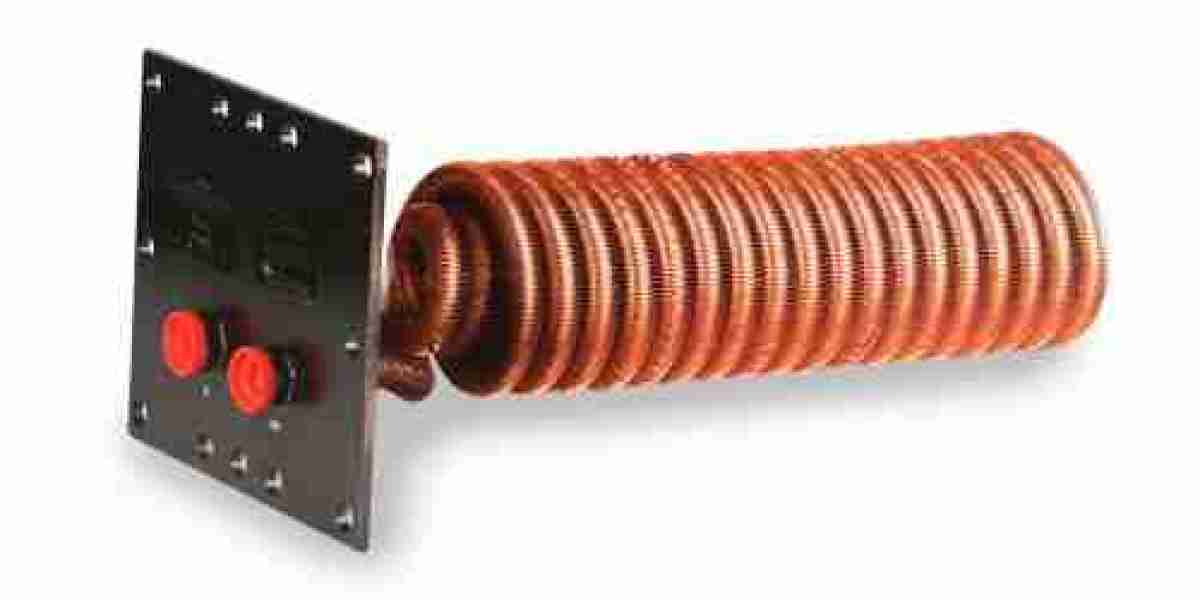A domestic hot water coil is a key component in many heating systems, especially in homes with boilers. It's a heat exchanger that uses hot water from the boiler to heat potable water for everyday use—like showers, dishwashing, and laundry.
What Is a Domestic Hot Water Coil?
A hot water coil, often called a tankless coil, is a copper or stainless-steel coil that sits inside or adjacent to a boiler. When the boiler is running to heat your home, it also heats the coil. Cold domestic water passes through the coil and is instantly heated before being delivered to your faucets.
How It Works
Boiler heats water for space heating.
The hot boiler water surrounds or flows through a heat exchanger (the coil).
Cold tap water enters the coil.
The tap water is instantly heated as it passes through the coil.
Hot water is delivered to your fixtures.
? It’s an on-demand system—no separate tank needed.
Advantages
| Benefit | Description |
|---|---|
| Compact Design | No need for a separate water heater or storage tank |
| Energy-Efficient | Uses heat already generated by your boiler |
| Cost-Effective | Lower installation and operational costs (in certain systems) |
| Reliable | Simple design with fewer moving parts |
Limitations
Inconsistent Hot Water Supply – Hot water output depends on whether the boiler is running and how long it takes to reheat.
Not Ideal for Large Homes – May not keep up with demand in homes with multiple showers or high water usage.
Requires Boiler Operation Year-Round – Even in summer, your boiler needs to run to provide hot water.
When to Use a Domestic Hot Water Coil
This solution is best when:
You already have a boiler system (especially oil-fired or hydronic).
Your home is smaller or moderately sized.
You want a simpler, lower-cost way to get hot water.
You don’t have space for a separate water heater.
Alternatives to Consider
| Option | Best For |
|---|---|
| Indirect Water Heater | Higher hot water demand with better efficiency |
| Tankless Water Heater | Unlimited hot water without using a boiler |
| Traditional Storage Tank | Homes with gas/electric heaters, larger needs |
Maintenance Tips
Flush coils periodically to prevent scale buildup, especially in hard water areas.
Check boiler pressure and temperature settings to ensure proper performance.
Install a mixing valve to prevent water from getting too hot (above 120°F).
Inspect annually by a qualified technician during your boiler service.
A domestic hot water coil is a practical, space-saving solution for generating hot water if you already have a boiler system. While it’s not ideal for high-demand homes or summer-only usage, it offers a dependable and energy-smart option for many homeowners.







